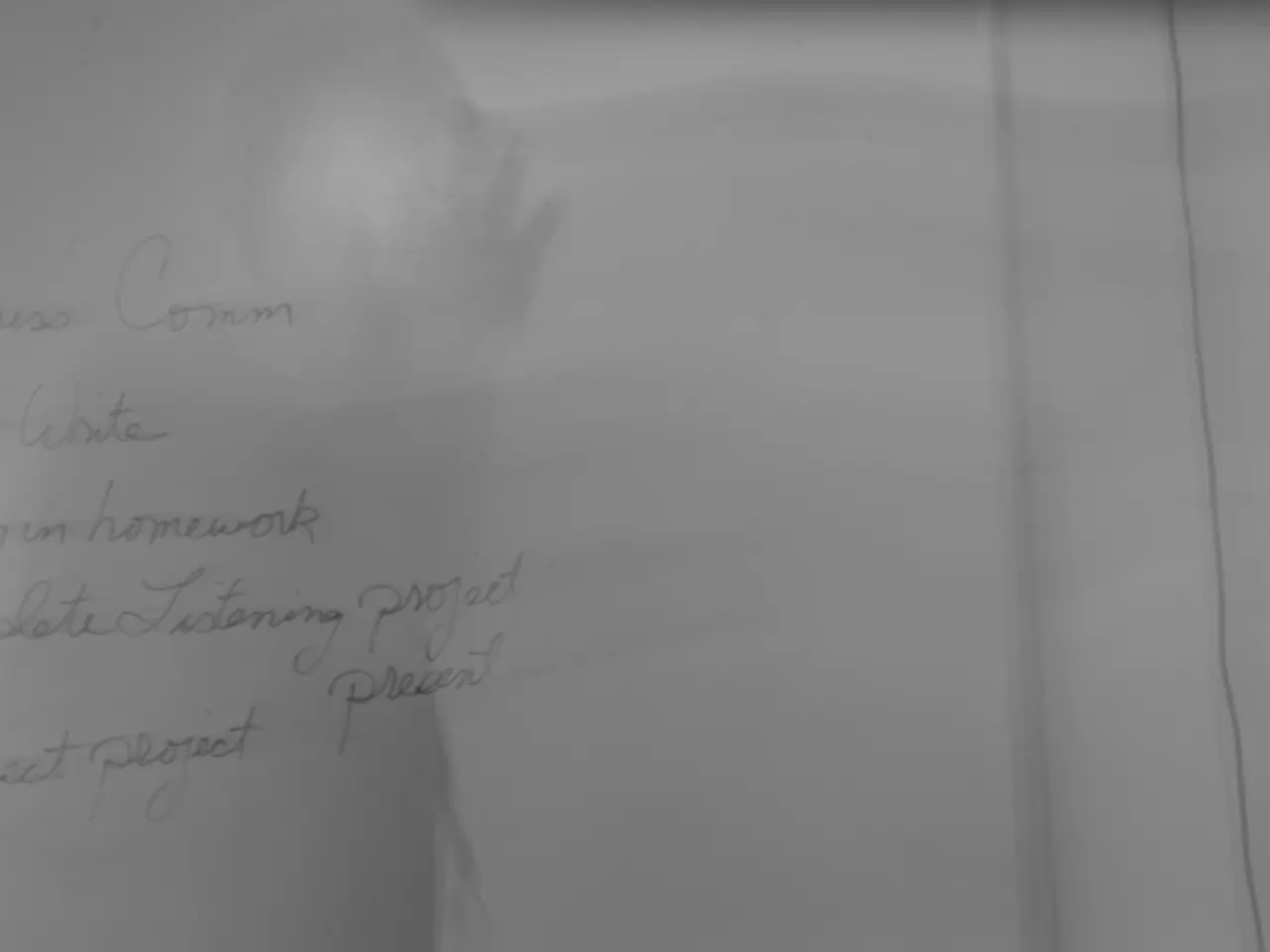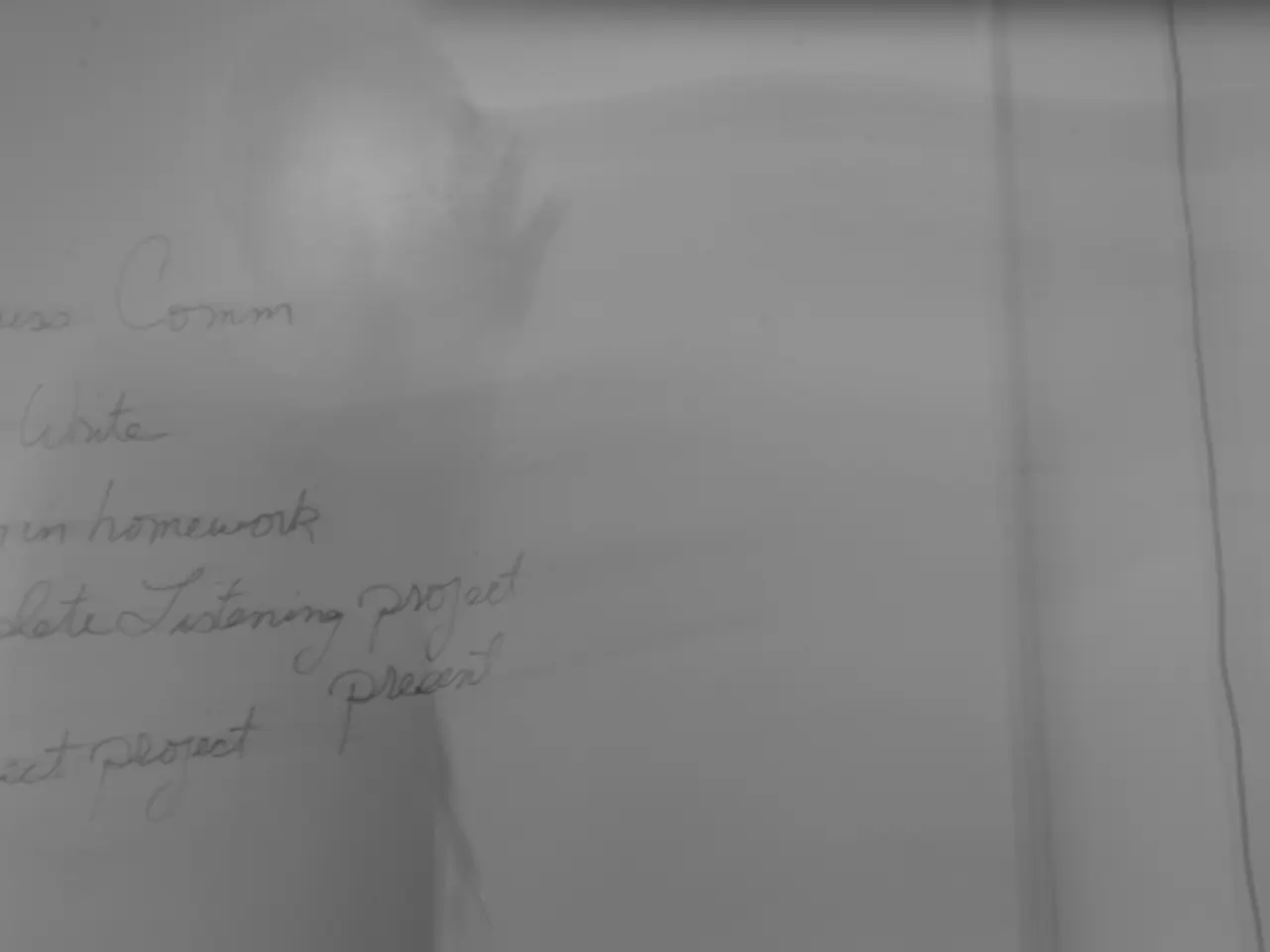Union worries about post-recovery period: 'Safety and employment terms take precedence'
Italy's Industrial Landscape in September 2022: Navigating Challenges and Rebalancing Efforts
September 2022 marked a critical period for Italy's industry, as the country grappled with economic pressures and navigated a complex environment of rising inflation, uncertain global conditions, and the early stages of economic adjustment.
The economic slowdown and declining industrial production, such as a 3.2% drop in Veneto manufacturing by August 2022, led companies to implement workforce reductions. To cushion the impact on workers, social shock absorbers like wage supplementation funds (cassa integrazione) were activated to mitigate unemployment and social distress.
The economy was also rebalancing towards stabilizing consumption and investment, after earlier shocks. However, consumer confidence remained fragile, leading to cautious spending and saving behavior, with weak domestic consumption caused by loss of purchasing power from inflation.
Productivity challenges persisted as companies sought to balance workforce adjustments with maintaining output efficiency. Wage growth was constrained by inflation and industrial cost pressures, complicating workers’ real income recovery and fueling tensions within social alliances between labor and industry.
In this context, maintaining a social alliance among government, employers, and labor unions became crucial. Collective bargaining and policy measures addressing wage stabilization, employment protection, and social benefits aimed to preserve social cohesion amid economic uncertainty.
Looking beyond immediate adaptations, Italy’s industrial strategy began emphasizing structural rebalancing, including investments in digital and green transitions, modernization, and infrastructure improvements, to improve competitiveness and long-term growth potential.
Cgil, one of Italy's major labor unions, plans to mobilize in September, aiming to re-launch the social question. The international situation, with crises linked to the automotive sector and dependence on exports, has repercussions in Italy, according to Cisl Secretary Elena Ugazio.
Giuseppe Lentini, another union leader, predicts that some sectors may have temporary personnel shortages after reopening following the holidays, and anticipates many uncertainties for the post-holiday September, with companies reducing production or temporarily suspending activities. He also mentions an increase in regional IRPEF leading to a reduction in net salary.
Michele Piffero, Cgil Organizing Secretary, highlights the reduction of precariousness, industrial prospects, tariffs, and the need to end conflicts in Ukraine and the Palestinian massacre as central themes of dissent with national policies. He also addresses the issue of safety and health in the workplace, citing two fatal accidents in Verbano-Cusio-Ossola.
Stefano De Grandis, Uil Secretary, has scheduled meetings for the renewal of contracts in the metalworking sector and local functions for September. Some companies are trying to anticipate orders before the holidays, risking to find themselves with empty warehouses in September. The new hospital, Silicon Box, and Carrefour's exit from the Italian market are among the issues to be addressed and resolved by the end of the year.
Notably, some workers cannot enjoy their holidays due to the economic situation and reduction in purchasing power, according to Michele Piffero. Delays in the supply chain and delivery times of goods and services are possible due to the reduction of production or temporary suspensions by some companies, as mentioned by Giuseppe Lentini.
In an effort to give Italy cohesion and competitiveness, a social alliance is proposed by Elena Ugazio. The key to navigating these challenges lies in the collective efforts of government, employers, and labor unions to preserve social cohesion amid economic uncertainty and work towards a more competitive and resilient Italian industry.
- The economic rebalancing in Italy's industry, despite the challenges posed by inflation, global uncertainties, and declining industrial production, includes initiatives to maintain average wages and support employment, as demonstrated by the activation of wage supplementation funds.
- In the face of increasing regional tax burden, temporary personnel shortages after reopening, and a potential increase in unemployment, the average finance of businesses and salary remain crucial concerns for union leaders and policymakers in their efforts to maintain social cohesion.




